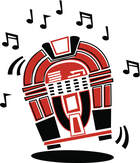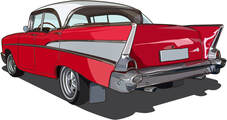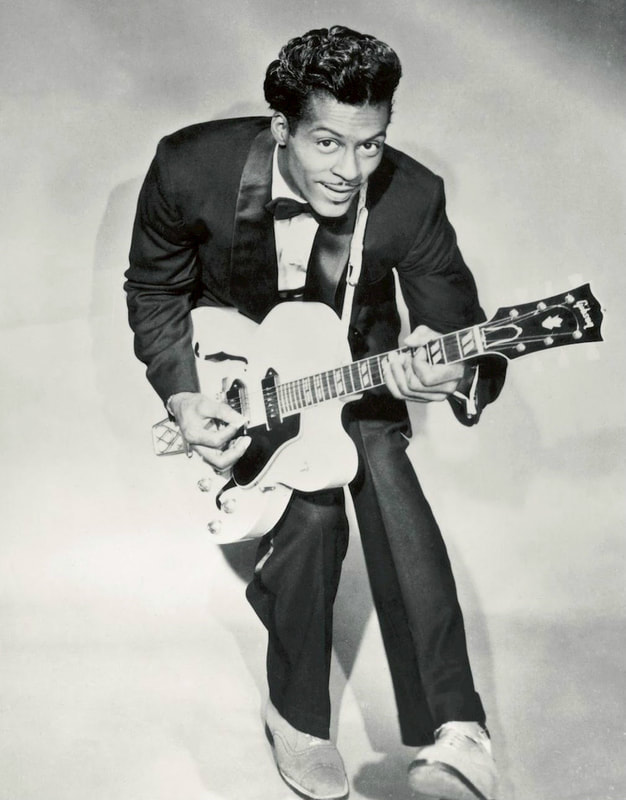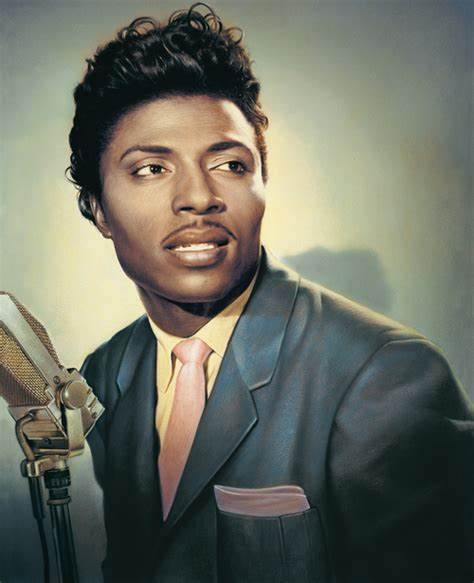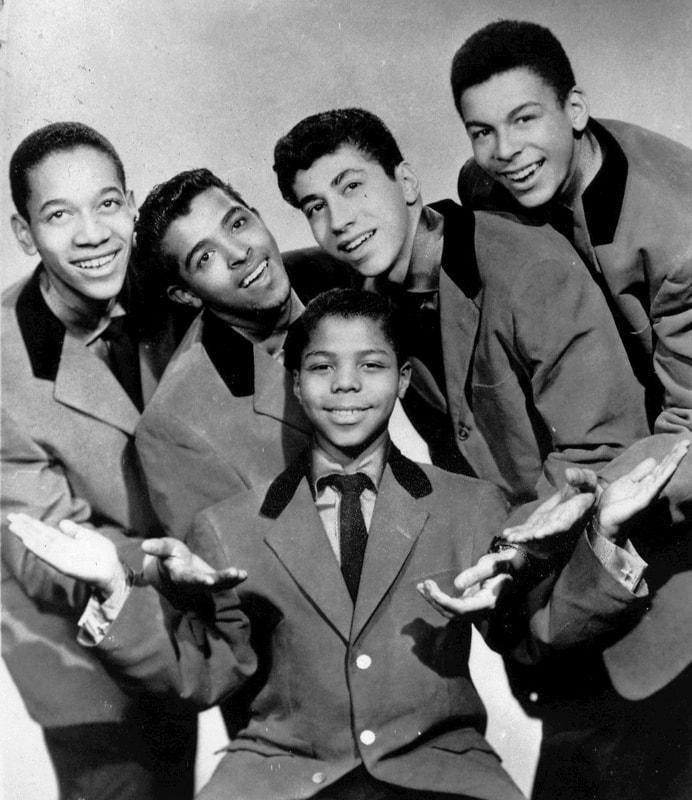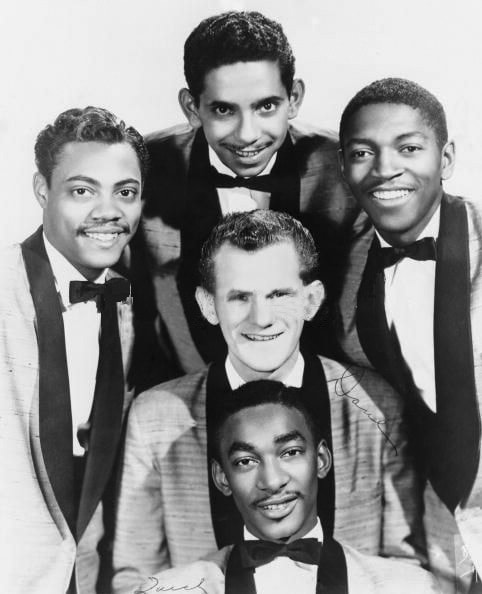What is Rock 'n' Roll?
Rock and roll (often written as rock & roll or rock 'n' roll) is a type of popular music that originated and evolved in the USA during the late 1940s and early 1950s from musical styles such as gospel, jump blues, jazz, boogie woogie and rhythm and blues along with country music. Although elements of what was to become rock and roll can be heard in blues records from the 1920s and in country records of the 1930s, the genre did not acquire its name until 1954.
In the earliest styles of rock n roll, either the piano or saxophone would usually form the lead instrument, however these instruments were generally replaced or supplemented by guitar towards the middle and late 1950s. The beat is essentially a dance rhythm with an accentuated backbeat, which is almost always provided by a snare drum. Classic rock and roll is predominantly played with one or two electric guitars (one lead, one rhythm), a double bass or string bass or (after the mid-1950s) an electric bass guitar, and a drum kit.
Beyond simply being a musical style, rock and roll, as seen in movies, fan magazines and on television, had a wider effect of influencing lifestyles, fashion, attitudes, and language. Also, it may have contributed to the civil rights movement because both African-American and white American teenagers enjoyed the music. Rock and roll went on to spawn various genres, often without the initially characteristic backbeat, that are now more commonly called simply "rock music" or "rock".
What is Doowop?
Doo-wop was a popular form of 1950s rhythm and blues, often compared with rock and roll, with an emphasis on multi-part vocal harmonies and meaningless backing lyrics, which were usually supported with light instrumentation. The genre originated from African-American vocal groups of the 1930s and 40s, such as the Ink Spots, who had enjoyed considerable commercial success with arrangements based on close harmonies. They were proceeded by 1940s R&B vocal acts such as the Orioles and the Clovers, who injected a strong element of traditional gospel and, increasingly, the energy of Jump Blues. When rock and roll was beginning to emerge by 1954, a number of similar acts began to cross over from the R&B charts to mainstream success, often with added honking brass and saxophone, these included the Crows, the Penguins and the El Dorados. Despite the substantial growth in the number of records from doo wop acts in the later '50s, many failed to chart or were one-hit wonders. Exceptions included the Platters, with songs such as "The Great Pretender" (1955) and the Coasters with humorous songs like "Yakety Yak" (1958). By the end of the decade there were increasing numbers of white, particularly Italian-American, groups taking up Doo Wop, like the Mystics and Dion and the Belmonts and racially integrated groups like the Del-Vikings and the Impalas. Doo-wop would end up being a major influence on vocal surf music, soul and early Merseybeat, including the Beatles.
